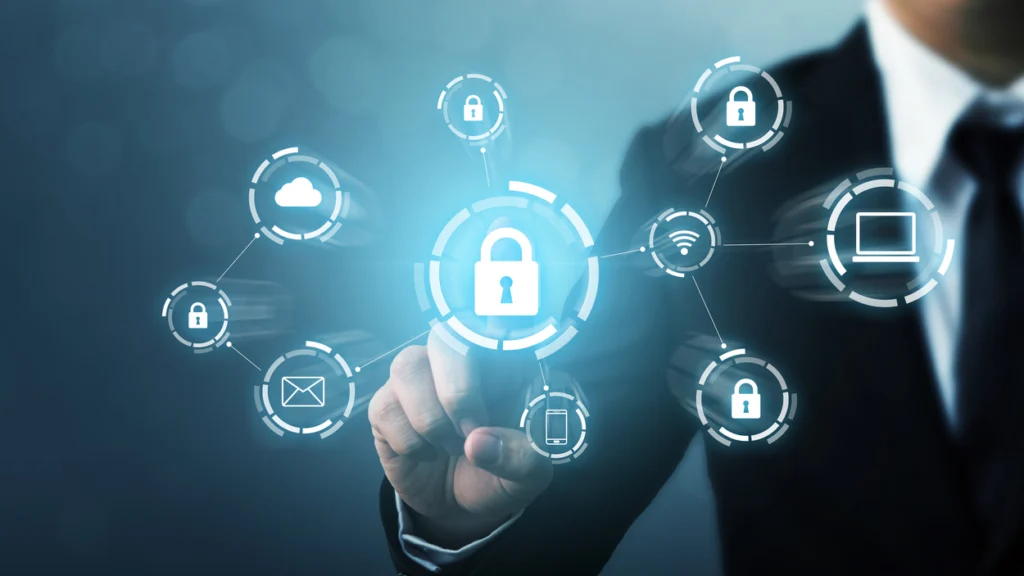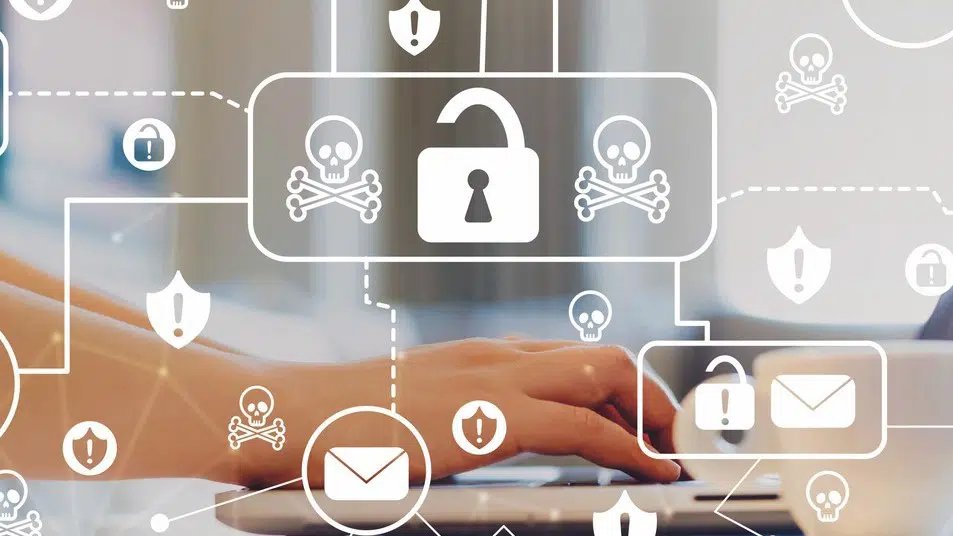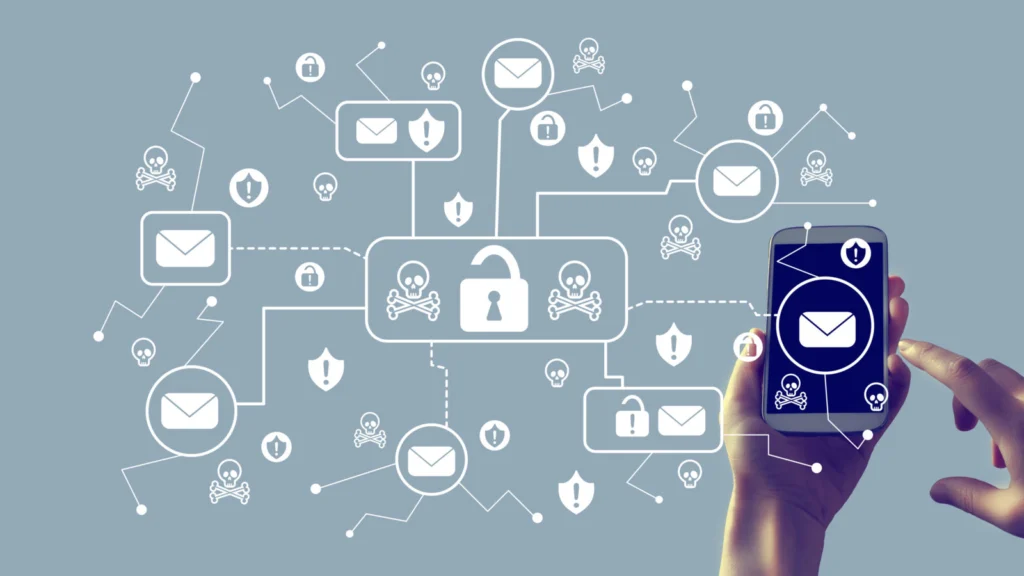With over 600 million console gamers worldwide (and growing!) and a market generating an estimated $34.6 billion in revenue in 2018, console gaming has for years established itself as a lucrative industry. The problem is wherever you find high revenue potential in physical goods, you also find counterfeits.
Counterfeiting is nothing new. And we’re all aware of the risks of inadvertently picking up fakes when buying items at those “too good to be true” prices. This problem ranges from counterfeit gaming hardware to auto parts, medical devices and pharmaceuticals.
If you think grabbing a great bargain is worth the risk, consider the following when it comes to gaming accessories.
Charging Cables
Although there are dangers when using any counterfeit product, when it comes to counterfeit gaming hardware and other electronics, the results can be downright deadly. For example, in 2007 a young UK boy was tragically killed while plugging in a counterfeit GameBoy charger.
Genuine chargers for game units and controllers are subject to strict safety standards and testing. Having circumvented these safe-guards, counterfeit chargers often fail due to poor design, substandard materials, and shoddy workmanship.
Power Supply Units
Much like counterfeit charging cables, fake power supply units and adapters pose a serious threat. You’ll find numerous accounts online about units overheating, melting, and even causing fires. Counterfeit units will almost always display the same safety certification markings as their genuine counterparts. And although they may seem indistinguishable from the outside, inside you’re likely to find a literal hot mess.
Improper circuitry and failing fuses can cause damage to your console. So just because that bargain adapter you bought seems to be working fine, its days (and your console’s) may be numbered.
Controllers, Headsets, and Extended Storage Devices
Although safety risks may be less extreme when it comes to peripheral accessories, a counterfeit controller or headset is nothing to play around with. Decreased performance, inferior construction and materials, and a very short lifespan can leave you side-lined and out of the game.
And if you’re relying on a counterfeit storage device to keep your games safe, ask yourself if the low cost is really worth the potential for data loss. Even genuine drives can fail. But in such a competitive market where brand reputation matters, it’s a safe bet that counterfeiters aren’t as concerned about the quality of your gaming experience and the security of your game purchases as legitimate manufacturers are.
Strategy Guide
So, the next time you’re in the market for gaming hardware, play it safe and do the following:
- Consider the seller: It’s certainly true that buying cheap gaming hardware from a street vendor isn’t your safest option. However, even established brick and mortar stores can occasionally sell counterfeits. Buying a genuine and then returning a counterfeit for a refund is a well-known scam that can lead to a knock-off finding its way to a store shelf. However, odds are that the greatest threat of buying a counterfeit is from an online purchase. What might appear to be a reputable site may not be. Or it may include third-party sellers with less-than-stellar reputations. On marketplace sites, it’s not always clear from whom you’re actually buying an item. So be sure to double-check before submitting your order.
- Look at negative reviews: Unfortunately, not all positive reviews are on the level. And others may have been left prior to something going wrong. Look for negative reviews that seem credible, noting legitimate concerns.
- Don’t trust stock photos: Look at customer-posted images for a better idea of what you may actually be receiving.
- Consider the price: Although some counterfeit items are sold at or near suggested retail prices, often they will be offered at deep discounts.
- Take a close look at what you receive: Before you plug in that new charger, review it closely for counterfeit indications. These include:
- improper trademarks and logos;
- spelling and grammatical errors on product labels, manuals, and packaging; or
- dirty and/or ill-fitting components and labels.
End Game
As unfortunate as it sounds, as long as there’s money to be made in the console gaming industry, counterfeiters will be competing for what they believe is their share. Given the serious risks involved in using counterfeit gaming hardware, taking precautions to protect yourself, your family, and your property from such devices is imperative. In the end, no one wants it to be “game over.”

written by
Katie Hasbrouck
February 27, 2019
Stay informed with industry-relevant emails curated by our team of experts.
We send out emails once or twice a month relating to IP Services, industry news, and events we'll be attending so you can meet our experts in person.

Katie Hasbrouck
Katie has worked in the brand protection field for 20 years, spending the majority as a forensic analyst specializing in cyber forensics and the identification of counterfeit goods. Prior to joining IP Services, Katie worked for an investigative firm subsequent to obtaining a Bachelor’s degree with a concentration in research and intelligence analysis.



